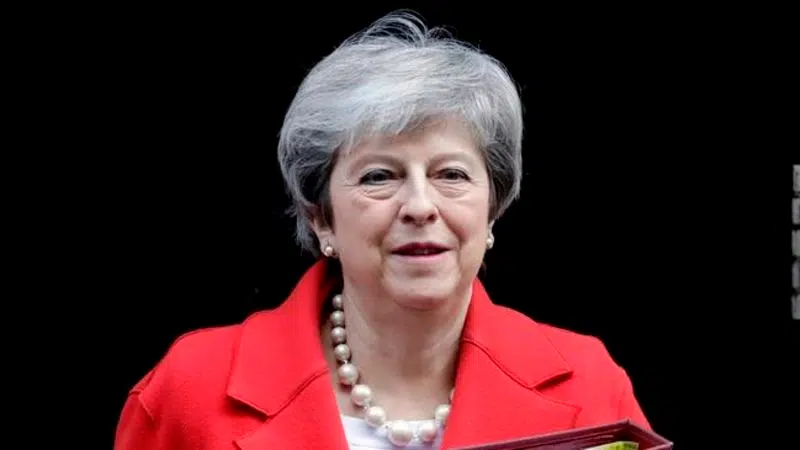
May says Brexit still on course as chances of delay rise
LONDON — Prime Minister Theresa May insisted Wednesday that Britain will leave the European Union on schedule next month, amid signs that her promise to give Parliament a vote on delaying Brexit was boosting support for her unpopular EU divorce deal.
May has bowed to pressure from within her own Conservative government and given Parliament the chance to delay Britain’s scheduled March 29 departure if lawmakers fail to approve her divorce agreement with the bloc.
May stressed that she personally opposes extending the Brexit deadline, and said “the United Kingdom remains on course to leave the European Union with a deal” if lawmakers “hold their nerve.” Writing in the Daily Mail, May said talks with the EU about securing changes to the divorce deal to make it more palatable to Parliament have “begun to bear fruit.”


